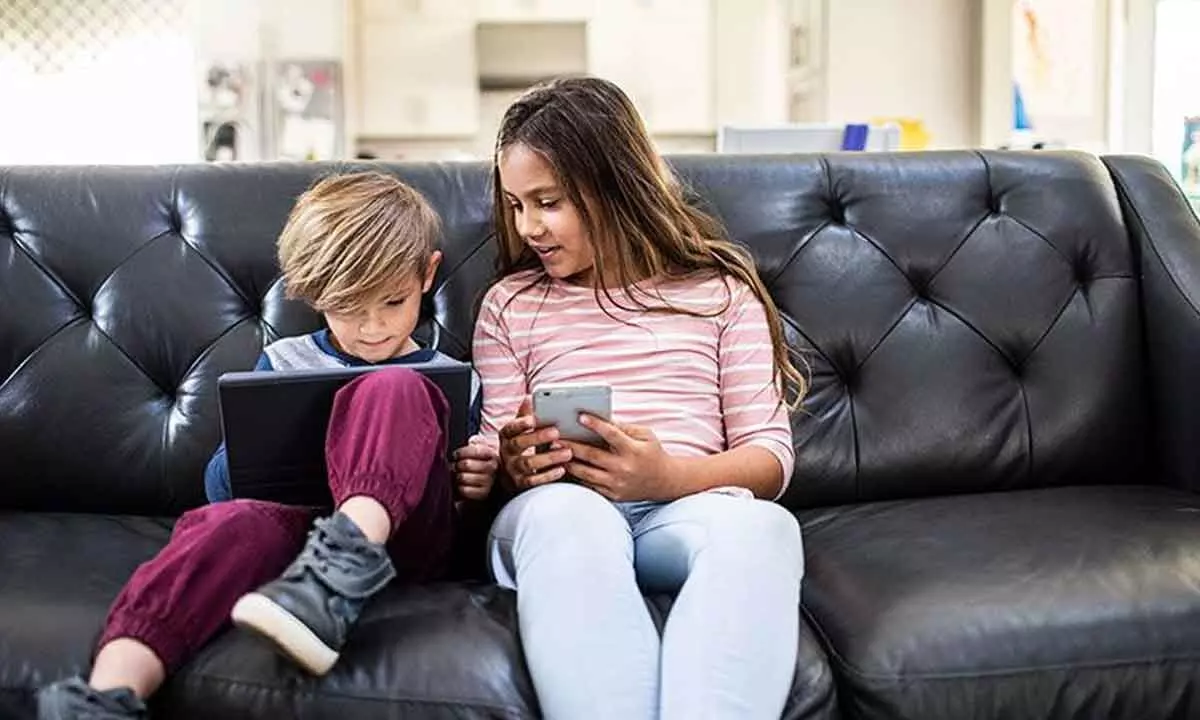Live
- Limited seats available for admission to Future-ready Career Programmes in NIIT University (NU)
- Myanmar floods displace 1,30,000; Magway region most affected
- Flashback: PM Modi's emotional encounter with wounded soldier during Kargil war
- All Party Committee Visit Pedda Vagu Bridge Construction in Ieeja Municipality
- Women’s Asia Cup: BCCI Secretary Jay Shah pens congratulatory message to ‘finals-bound’ Team India
- 3.16 acres of land originally purchased for Rs 1 in 1935: Siddaramaiah on MUDA land case
- SP T Srinivas Rao Plants Saplinngs
- Organic Farming Gains Traction in Nagar Doddi Village with Japanese University Visit
- Janhvi Kapoor Dazzles at "Ulajh" Event
- Nuclear power plants at Kudankulam delivers 100 billion kWh









